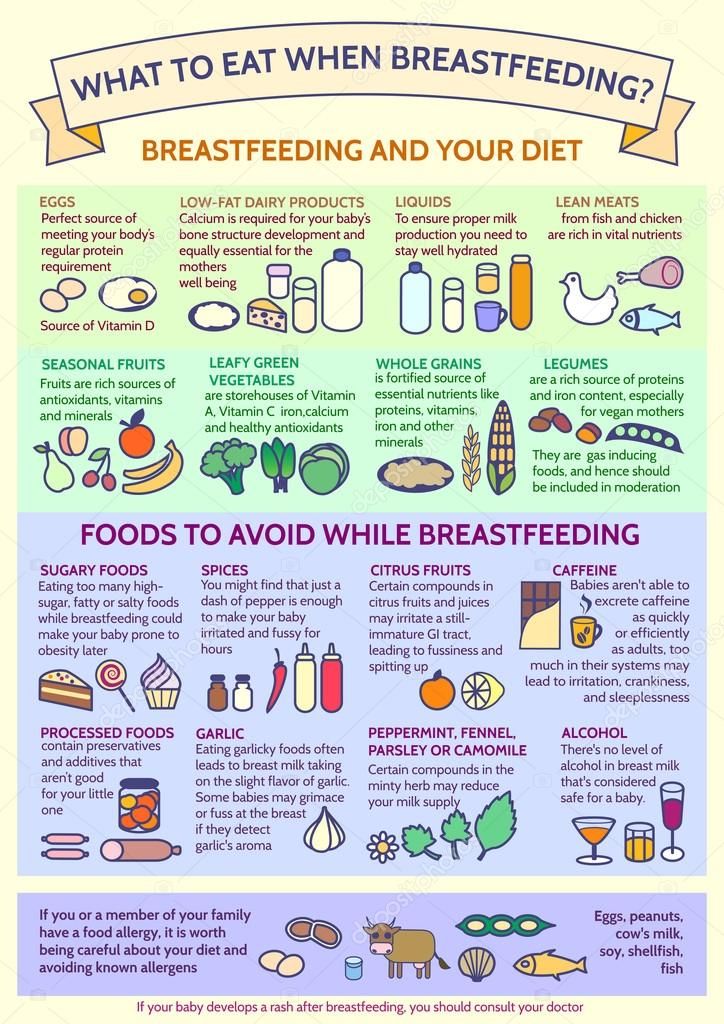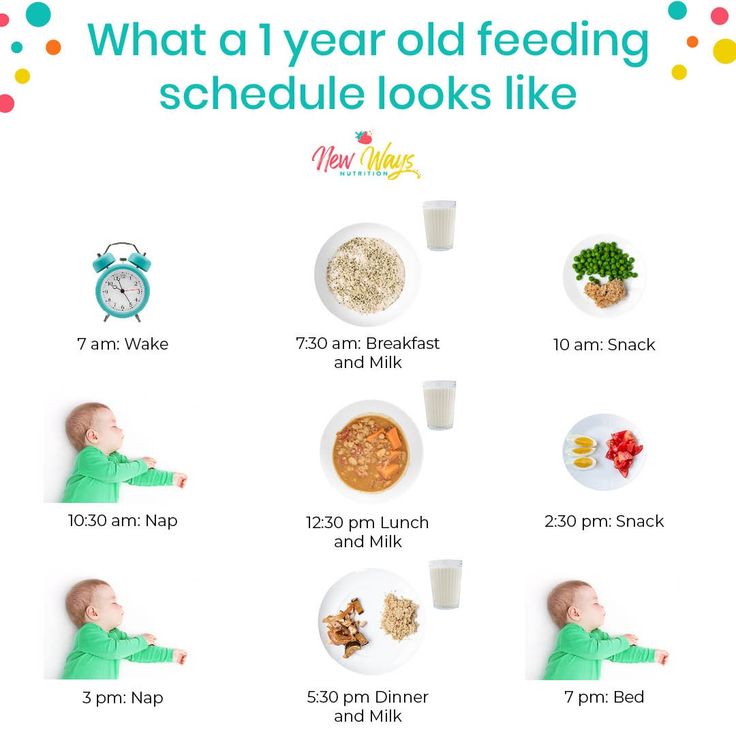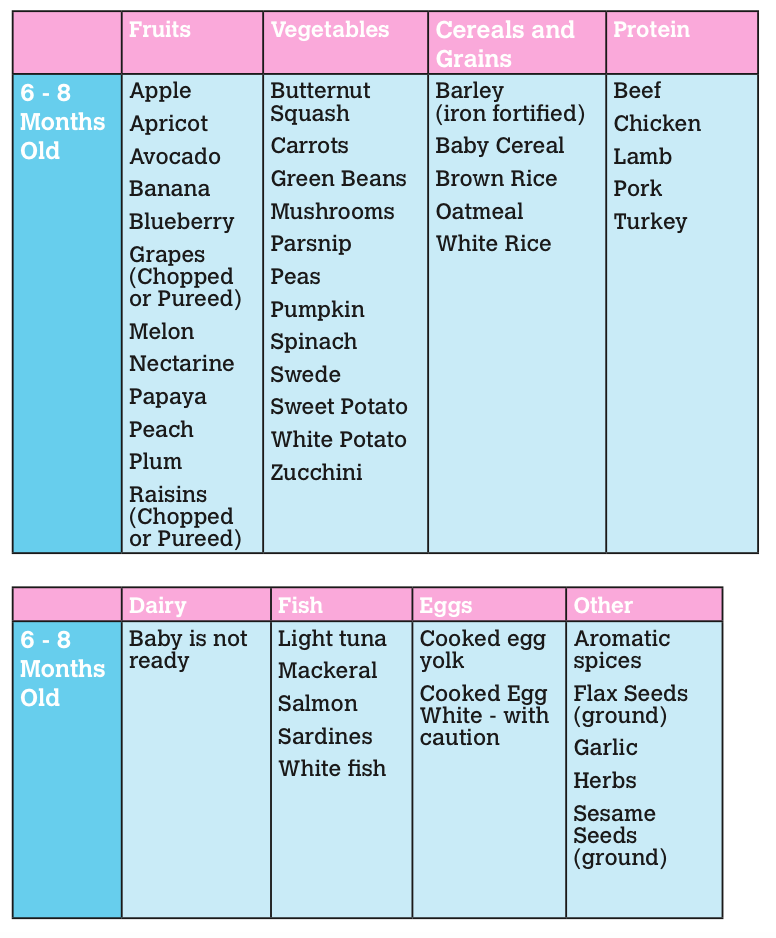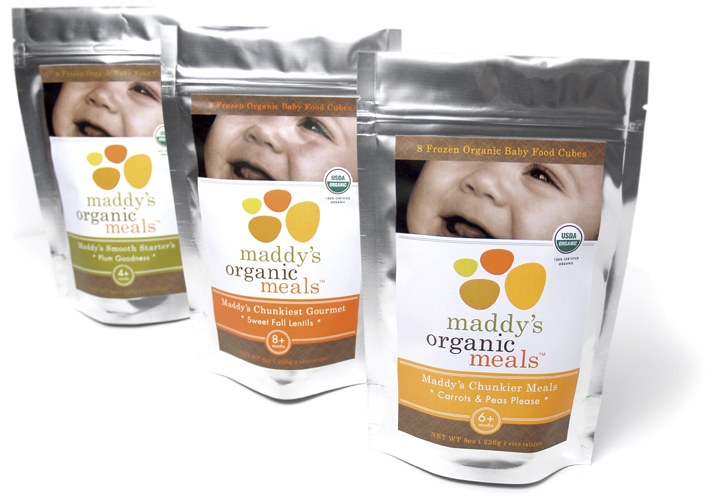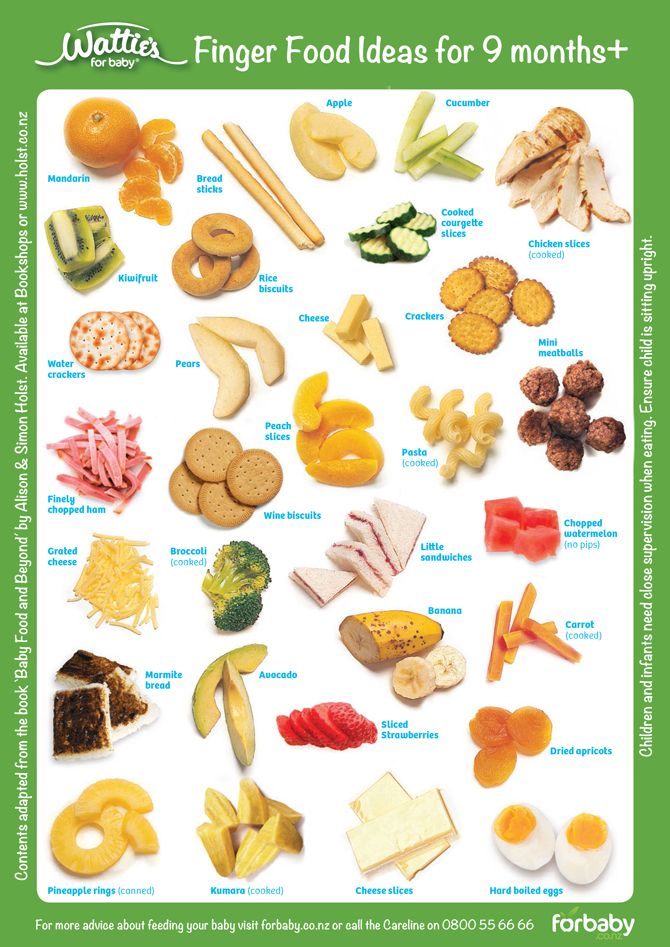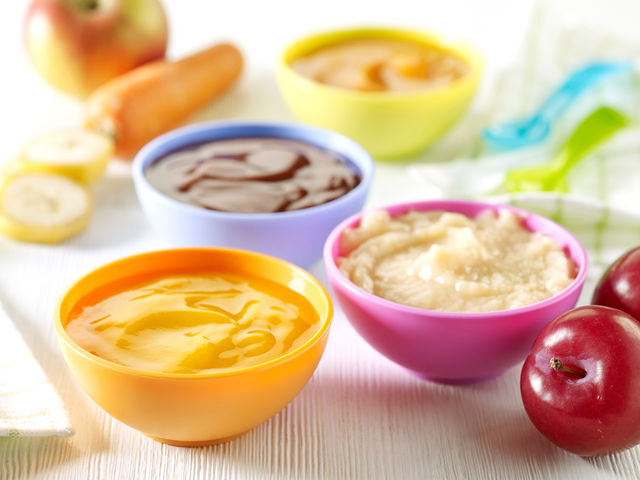Baby kicks when i eat certain foods
Can Certain Foods Affect Fetal Movement?
4 minutes
Last update: 02 June, 2018
Can certain foods affect fetal movement? This question has produced a great deal of doubt and debate when it comes to what pregnant women eat.
The first food we think of when this question comes up is chocolate. Just the same, eating sweets in general tends to produce an increase in fetal movement .
Most mothers seek to interact with their little ones as much as possible while they’re pregnant. It’s common for us to put our hands on our bellies in order to feel the baby’s movements.
We also play music and shine lights to see if we can provoke some sort of reaction. Sometimes doctors themselves recommend eating certain foods to generate increased activity.
Babies in gestation move around several times a day without the need of external stimuli.
Movement is a given – after all, your baby is alive and animate. Your little one can yawn, move her arms and legs, turn over and stretch, all within the comfortable confines of your belly.
The fetus moves because it’s healthy and developing normally. Her breathing, swallowing and suckling also create a certain level of movement.
Pregnant mothers aren’t always able to detect these movements outside of the uterus. However, they can be easily observed in ultrasound images.
As we’ve said, babies are constantly moving throughout gestation, though the mother may not always be aware. For the mother to be able to feel her baby’s movements, there needs to be contact with the uterine wall.
In other words, most of the unborn baby’s movements go unnoticed. However, an ultrasound image at 8 weeks of gestation will reveal a very active fetus.
Expectant mothers will likely have to wait until at least 16 weeks to detect her baby’s movements on her own. However, sometimes the fetus can make a sudden movement that’s abrupt enough to put pressure on the abdomen.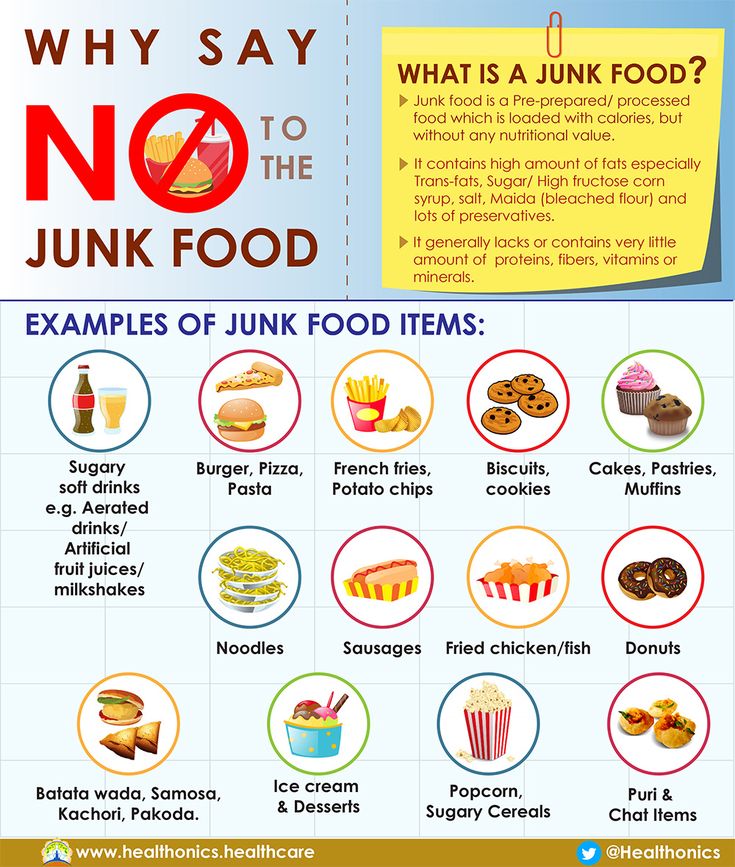
Generally, this sensation occurs in relation to something the mother has eaten. Doctors indicate that it has to do with the influence of glucose levels.
During a 24-hour period, mothers should feel their babies moving at least 10 times a day. The movements will tend to increase in frequency about 30–60 minutes after the mother eats.
All of the foods we eat can turn into glucose, which serves to stimulate the fetus. This substance reaches the baby through the umbilical cord.
Fetal movements occur, for the most part, when the mother is active, when there is noise or sound caused by vibrations in the womb, during the night, and after the mother has eaten. The freshly produced glucose reaches and activates the baby.
–Álvaro Cano. Perinatologist–
Therefore, we can affirm that foods do in fact affect the movements of the fetus. In other words, the normally subtle movements of the developing baby become more intense after the mother eats.
Furthermore, we can conclude that sweeter foods produce more activity because they generate more glucose.
But remember, food doesn’t necessarily have to be sweet in order to spark a reaction in your little one. Any food can lead to increased fetal activity.
Other stimuli that produce fetal movement
Spanish OB/GYN Guillermo Obando affirms that a decrease in sugar levels can cause the fetus to move less. In general, a mother’s nutrition has a direct relationship with the regular movement of her baby in the uterus.
But when the level of glucose in her blood increases, the baby will also receive the same increase.
In the same way, other foods are also related to fetal movement. For example, cold foods also cause an increase in activity.
Furthermore, the mother’s activity level will also cause her child to move less or more. Therefore, doctors sometimes recommend waking the baby up by stimulating him or her with food.
Other stimuli related to fetal movement include lighting, noise and vibration. Towards the end of pregnancy, mothers will notice an increase in the intensity of their baby’s movements.
Doctors recommend counting a baby’s kicks in order to rest assured that everything is okay. If you notice insufficient movement, then the first thing you can do is stimulate your baby by eating something sweet.
The communication between your baby and the outside world isn’t as limited as you think!
Your little one can hear outside noises and even perceive some of your emotions. Developing babies can also connect through vibrations and other external changes.
However, the main link has to do with the substances that the pregnant mother puts in her body. Therefore, it’s very important to be careful about what you eat and drink while you’re pregnant.
What’s more, remember that tobacco, drugs and alcohol are all extremely dangerous during pregnancy. You should avoid them altogether in order to care for the life that’s forming inside you.
You should avoid them altogether in order to care for the life that’s forming inside you.
Foods Babies Go Crazy For In Mom's Stomach
The one thing you want to do when you are pregnant is to eat well, and to make sure that whatever you are eating is nutritious and will not cause any kind of harm to your unborn baby- as well as to you! Not to mention, some foods will either make you sick or you will develop an aversion to it during pregnancy.
Before you start eating just anything you feel like, during pregnancy, you need to consult a nutritionist or dietician to make sure that the particular food you want is safe to eat.
For instance, some foods that are good for you may not be good for your unborn baby. For instance, feta cheese may be good for you as it has a great concentration of calcium. However, it is not recommended to be eaten during pregnancy because feta cheese may contain a type of bacteria called listeria, which can cause death to the unborn baby! This is why it is important to ask professionals about what foods are safe to eat, and what is not.
However, one you already have a good idea of what to feed yourself and your unborn baby, you will notice that your baby will kick around and do flip-flops in the womb after eating something! Most of the time that is a great sign because it means the baby loves it. However, just because the baby goes nuts over something you eat doesn't mean it is necessarily helpful either. Let's talk more in detail about the 15 foods that babies go crazy for in the womb!
15/15 Chocolates And Other Sweets
Whenever you are munching on that chocolate bar, gummy bears or gummy worms- or gummy whatever, sour sticks, caramels, and the list goes on- not only do you feel that momentary elation while chewing on that candy but your unborn baby will be feeling the same. You will notice that he or she will be doing jumping jacks once that candy that you are enjoying goes through that cord! You will be feeling all of those flutters, kicks, and punches once it hits your unborn baby.
That being said, if you are concerned about the fact that your baby is not moving much especially towards the end, you can have a piece of chocolate or candy to get the movements going again. Just be very careful not to overdo it. Chocolate has caffeine which must be limited as it is, as well as sugar along with the other candies. There are trans fats and artificial colors as well. Too much of that is not good for the baby, and you will want to keep your blood glucose levels in check as well. Moderation is the key to everything!
Just be very careful not to overdo it. Chocolate has caffeine which must be limited as it is, as well as sugar along with the other candies. There are trans fats and artificial colors as well. Too much of that is not good for the baby, and you will want to keep your blood glucose levels in check as well. Moderation is the key to everything!
14/15 Any Kind Of Fruit Juice
If you have a glass of orange, grape, apple or grapefruit juice during breakfast and you have been noticing that your unborn baby is doing gymnastics quite a bit after- then that means he or she is loving that juice that you drank.
If you are going to drink juice whether what kind of fruit it is from, it is best to drink the most natural ones and not to touch those that are filled with artificial flavors, coloring as well as sugar. Natural juices have great nutrients as well as minerals which is good for you as well as your growing baby. And your baby loves it too! However, bear in mind that even the most natural and organic juices have plenty of sugar. So that being said, don’t overdo it with the juice. However, it is great to drink for breakfast because it provides the energy you and your baby need.
So that being said, don’t overdo it with the juice. However, it is great to drink for breakfast because it provides the energy you and your baby need.
However, if you want to reassure yourself that your baby is only sleeping when there is less activity, go and grab a juice and get some into you. That will wake your baby up and give you the reassurance you need.
13/15 Throw Some Spice On It!
If you are going out for Mexican, Chinese, Korean or Thai food, you will know that many dishes that are part of those cuisines are quite spicy. That means if you ended up eating a spicy Pad Thai or Chicken Enchilada dish and you noticed that your unborn baby has been doing all kinds of punches and kicks after or even during your dinner- that is because the spice is making your baby move like crazy.
There is absolutely nothing wrong with having spicy food at all while you are pregnant. However, if you are not used to eating foods that have that kind of zing to it, it may make you very uncomfortable and cause you to have one rough night suffering from heartburn.
It is said if you eat spicy food towards the end of the pregnancy, it can possibly cause the onset of labor by stimulating the digestive system, but there is no clear evidence of that.
12/15 A Banana A Day...
If you love bananas, keep eating them because your unborn baby does too- and bananas are a fantastic source of nutrients and minerals to help you stay healthy during your pregnancy, and will help your unborn baby grow and develop.
In fact, when I was pregnant with my daughter many years ago, I would get up at 3 am and eat a banana! She was active for a long time after so I wasn’t able to go back to sleep, but it was a craving I had during that time. Bananas are rich in potassium and fiber which is required by your body to function. There is also plenty of folate which the baby needs as well, Vitamins A, B6 and C, protein and iron. The amount of Vitamin A in bananas is safe to consume while pregnant so there is no need to worry about that.
However, bananas are also higher in calories than many other fruits because there is a higher sugar content. Even though it is a great snack to have while pregnant, it must be eaten in moderation due to the sugar it contains.
Even though it is a great snack to have while pregnant, it must be eaten in moderation due to the sugar it contains.
11/15 Ever Try Cinnamon On Toast?
When women were talking about their pregnancies on these forums, many of them said that if they had cinnamon on toast, their unborn babies would love it too. They would go crazy once they were hit with the cinnamon.
Cinnamon has that special zing, so it is not a surprise that the baby would go nuts once cinnamon would cross his or her path! In fact, cinnamon is one of the most delicious and healthiest spices in the world.
It can help reduce blood sugar levels which is important to know because blood sugar levels in pregnancy can change easily. It is important to keep it regulated. It also helps the cardiovascular system stay healthy among other great health benefits.
However, keep in mind that even though eating moderate amounts of cinnamon while pregnant is completely safe, it is not recommended to use cinnamon bark supplements as well as essential oils with the spice.
10/15 Freezie Pops Will Get The Baby To Kick
Just like ice water, the freezie pop will not only cool you down but will get your unborn little one kicking around. That is because you are adding sugar to the ice which will get your baby to move around even more.
If it is a hot summer day and you are in the mood to have something sweet, then why not enjoy that freezie? Your baby will certainly enjoy it too and you will know that is true based on his or her sudden increase in activity in the womb.
Just bear in mind that like most foods, to only enjoy freezies in moderation. They are filled with sugar as well as artificial coloring which not great for your unborn baby. But a little here and there will not do a thing. So if you rarely eat freezies and you are craving one, then by all means enjoy. Your little one in the womb will too.
9/15 Who Doesn't Love Pasta With Marinara Sauce?
OLYMPUS DIGITAL CAMERAIf you were enjoying that pizza, spaghetti with tomato sauce and meatballs, or linguini with marinara sauce- and you felt your unborn baby jumping around like crazy while you were eating it or after- that is because your baby loves it!
Tomato sauce is highly acidic and has sugar, so that is why it will cause your unborn baby to move around like crazy.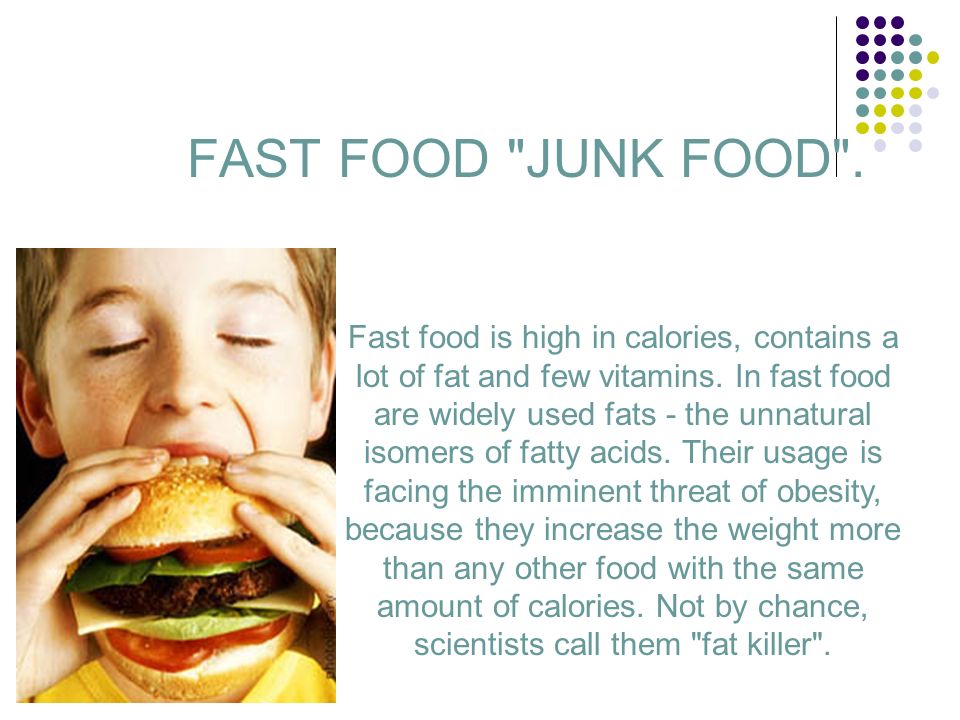 Alfredo and pesto sauces are not so acidic, and the baby may not react too much to those sauces.
Alfredo and pesto sauces are not so acidic, and the baby may not react too much to those sauces.
Even though there are some good nutrients that come from these sauces such as Vitamin C, the canned ones are more acidic than the natural ones. Though since tomatoes are naturally acidic, the unborn baby would still go nuts over natural sauces as well. Just bear in mind don’t overdo it because it can cause major heartburn, and the sugar content is also high in these sauces.
8/15 A Handful Of Grapes
Grapes are naturally sweet, and they taste great. So it would not be a shock to know that whenever many women on discussion forums spoke about the foods that they had eaten which made their unborn babies move- grapes was a common answer.
They didn’t seem to specify whether the grapes were green or red. Consuming just a few grapes was enough to cause the baby throw a few punches and kicks in the womb.
Grapes have some excellent nutrients and minerals such as beta-carotene, lutein, copper, Vitamin B2 and K.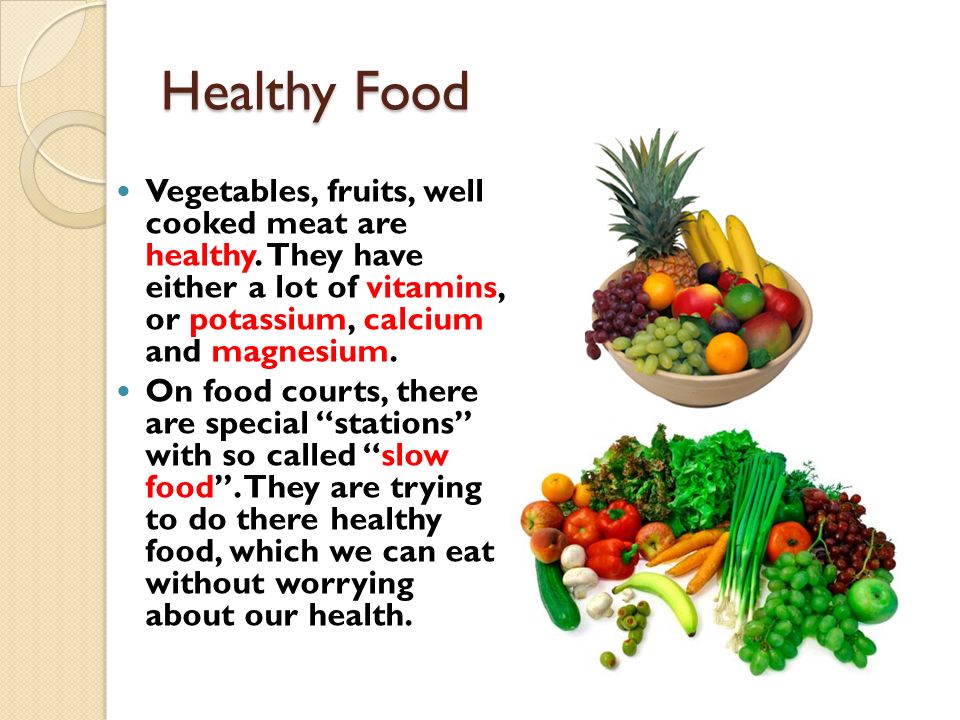 Therefore, grapes are a great snack because your growing baby needs that important stuff to grow and develop properly. However, like most of the other foods listed that also caused the baby to flip around- grapes in large quantities have a lot of sugar. So just be careful not to eat too many.
Therefore, grapes are a great snack because your growing baby needs that important stuff to grow and develop properly. However, like most of the other foods listed that also caused the baby to flip around- grapes in large quantities have a lot of sugar. So just be careful not to eat too many.
However, if your baby is quiet and you want to make sure that he or she is fine, eat a few grapes and that will wake the baby up!
7/15 Pepsi, Sprite, And Everything Nice
Soda is full of carbonated water, and regular pop is full of sugar. Colas are also highly concentrated in caffeine. As a result, with all of this combined, if you drink it, your unborn baby will be woken up and will start to kick. Even if you drink Sprite or 7-Up which doesn’t have caffeine, but it has the sugar is composed of carbonated water. And even if you drink diet soda which lacks sugar, the fizz still gets your baby moving.
However, drinking soda is not the best idea during pregnancy. Carbonated water like club soda is fine, but these sugary drinks or even the diet ones that are filled with artificial sweetener are not recommended.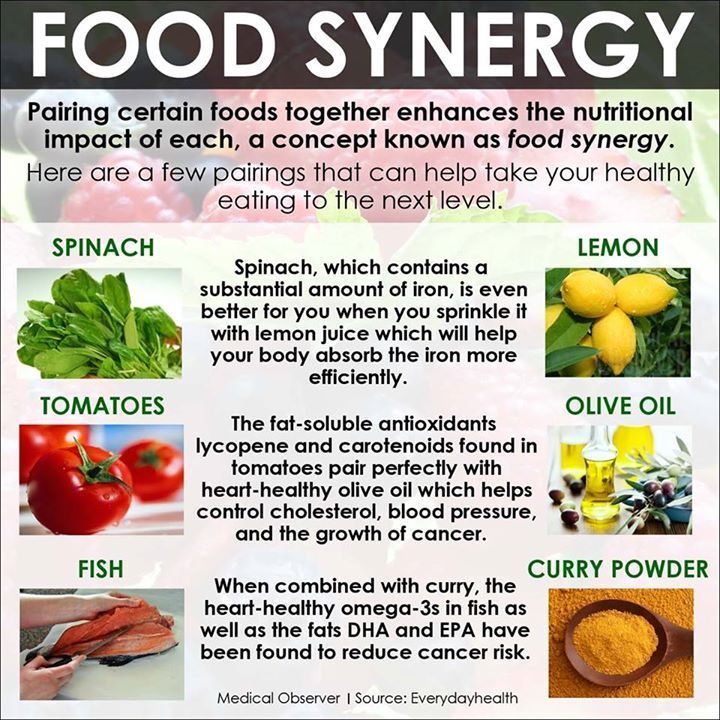 It won’t help you and it certainly will not be the best thing for your unborn baby. Now that doesn’t mean if you have been drinking a lot of soda and you are pregnant that you need to panic. Chances are your baby is fine unless you have been drinking it all day and all night which no one would even want to do! However, it is best to be aware.
It won’t help you and it certainly will not be the best thing for your unborn baby. Now that doesn’t mean if you have been drinking a lot of soda and you are pregnant that you need to panic. Chances are your baby is fine unless you have been drinking it all day and all night which no one would even want to do! However, it is best to be aware.
If you are concerned about your baby’s inactivity and you want to wake your baby up, you are better off with having some candy or drinking juice than soda.
6/15 Did Someone Say Lasagna?
Many women have stated on message forums that whenever they have eaten lasagna while they were pregnant, it got their babies excited and kicking up a storm. It really is no surprise. Of course, there are different types of lasagna and none of these women specified the type that they had eaten which got their babies to become active. But regardless of whether the lasagna was meat-filled or vegetarian, you have the tomato sauce on there which was already discussed previously as being the reason why babies go nuts! Perhaps the cheese and if there is meat involved may be contributors as well, since those are filled with protein and energy.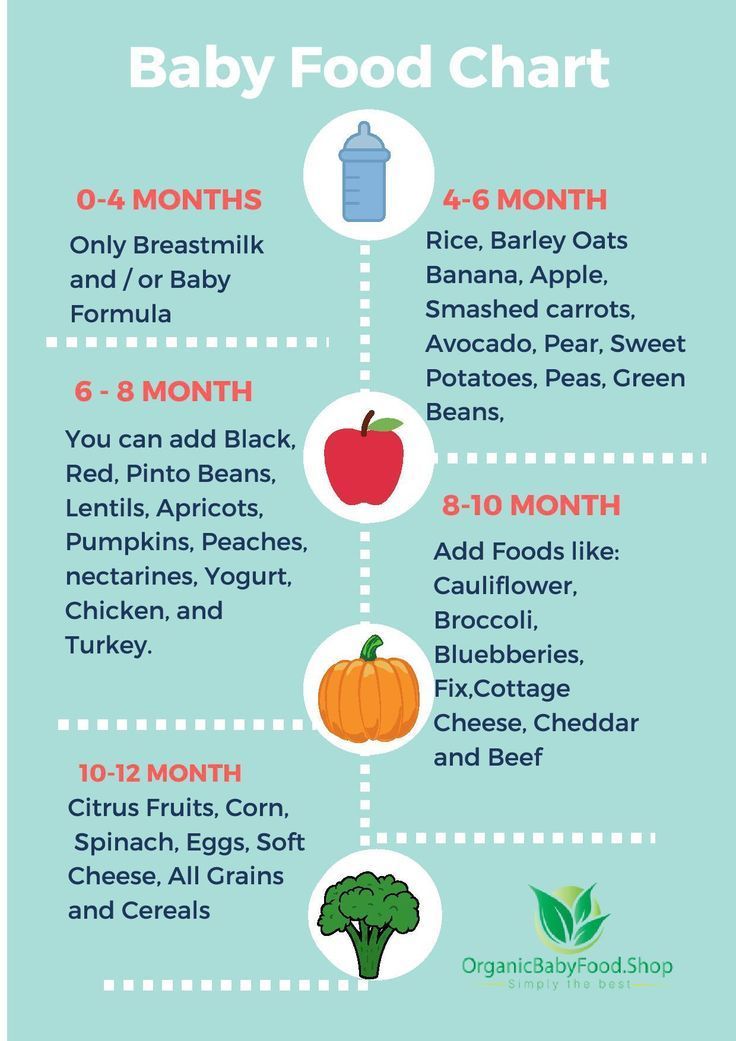
You also have the layers of pasta that are made with carbs, which ends up turning into sugar. Therefore, those two combined alone will get the baby active and move. So if you are pregnant and decide to have lasagna for dinner, expect your baby to kick up a storm later on.
5/15 Mangos Are A Must During Pregnancy
Lots of women who talked about what foods they had eaten which had caused their babies to dance around in the womb, mango was one of the top foods that they reported to have that effect on the baby on forums.
Mango has a strong zing, and it is also rich in amazing nutrients and minerals such as a safe amount of Vitamin A, B6, C, potassium, and folic acid- which is needed during pregnancy especially. There is also fiber in mango, so that is a must during pregnancy, or not! It helps keep the system going and flowing.
Just keep in mind that mangoes should be eaten in moderation because they are loaded with sugar which is also the reason that the baby loves it so much. Like it has been said before, moderation is the key to everything. Mangoes are a great fruit to enjoy during breakfast since you will need the energy that they provide for the day.
Like it has been said before, moderation is the key to everything. Mangoes are a great fruit to enjoy during breakfast since you will need the energy that they provide for the day.
4/15 ... And Don't Forget The Pineapples!
Processed with VSCO with e8 presetIf you are craving a sweet snack, and you decide to munch on a piece or two of pineapple, and your little bun in your oven is kicking up a storm- that is because pineapple is one of those foods that get your baby going. Pineapple is one of the sweetest fruits around, and that is really no wonder, and it is filled with many nutrients as well.
Pineapple is a great snack to grab and take some of you have a craving for it. It is an excellent source of Vitamin B1, B6 and C. It is a great source of manganese, copper, potassium, fiber, folic acid, and pantothenic acid. In other words, it is a highly nutritious snack and your baby loves it too. But don’t eat too much of it. That is because this fruit is high in sugar even though it is packed with other great nutrients.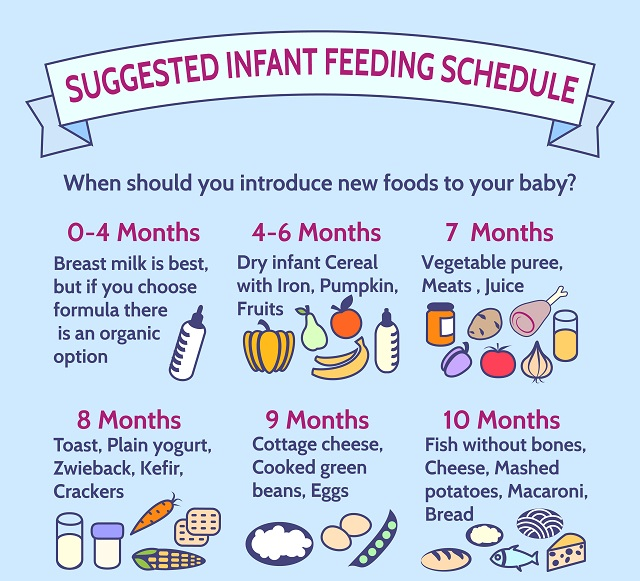
The sugar is likely the ingredient that is getting your baby going. So, therefore, enjoy within moderation and if you want to wake your baby up, then having a slice of pineapple is the way to get that to happen.
3/15 Who Can Say No To Burgers?
I have to say that when women on discussion forums were asking one another about what foods they ate that got their babies moving, burgers was a common answer. I have to say this one surprised me quite a bit. And from my own experience, I don’t remember my kids going nuts over burgers when I ate when I was pregnant with them.
However, again, these women were not specific about the type of burgers that they had eaten which got their unborn babies throwing punches and kicks in the womb. Was it a cheeseburger, or a bacon-cheeseburger? Was it spicy? Or maybe in some cases, the burger by itself did it. It also depends on what ingredients were used in the patties.
However, the hamburger bun is filled with carbs.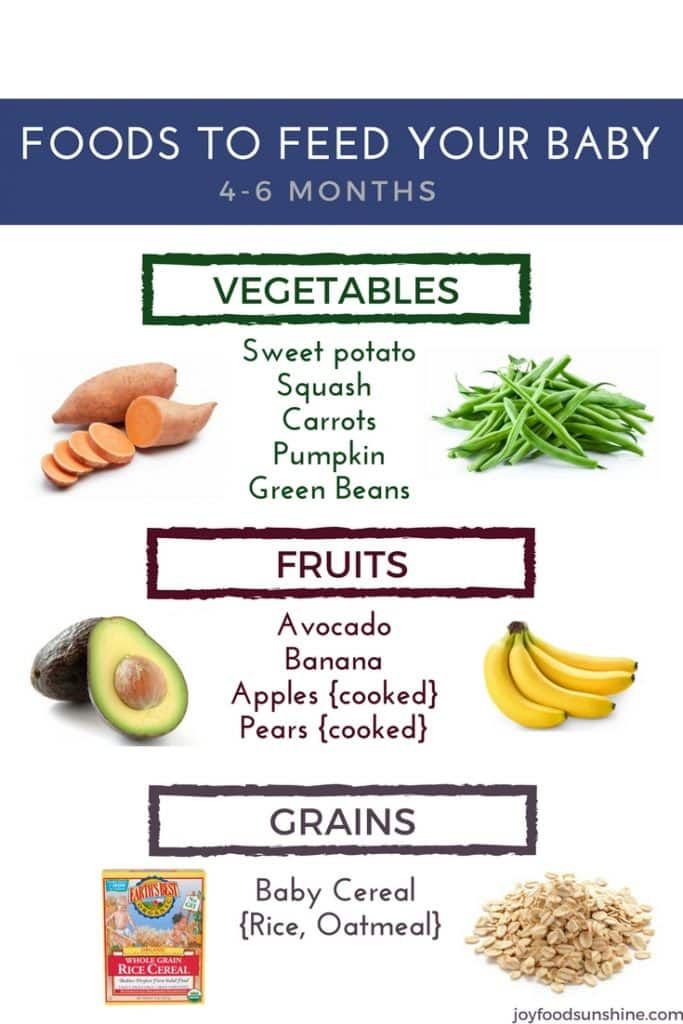 Therefore, the babies probably reacted more to that than they did to the burgers themselves. It is difficult to say for sure. However, that is my thought.
Therefore, the babies probably reacted more to that than they did to the burgers themselves. It is difficult to say for sure. However, that is my thought.
2/15 Fruit Smoothies Are A Must
When questions about what foods make babies go nuts were asked on different forums, fruit smoothies were a common answer. The type of smoothie, however, was not specified on any. But the fact is that any fruit smoothie is packed with nutrients, is sweet, and that is because there is some sugar in them. Some have more sugar than others, and that would also depend on the type of smoothie as well.
That being said, due to the nutrients and the fact these smoothies are sweet, it is not a surprise that babies in mom’s womb become active once it starts getting over to them. Smoothies are a great breakfast meal, especially if you are pressed for time because they are quick and easy to make. And the great thing about smoothies is that you can drink them on the go. So keep enjoying those smoothies for breakfast, and your baby will too!
1/15 Ice, Ice Baby!
During pregnancy, especially during the second and third trimester, you will be really hot no matter what season it was! I remember when I was heavily pregnant with my daughter, I took walks at night without my winter coat on in January and in February! I was comfortable without it. Therefore, you may find if you drink some ice water to cool down- especially if you are heavily pregnant in the summer which I have never been, your baby could all of a sudden start punching and kicking you like mad.
Imagine being tired and deciding to take a cold shower to wake you up, well that sure will! But don’t worry, your unborn baby is not feeling any kind of discomfort like you would if you were to take a cold shower! The point is that the sudden chill will get anyone active! And keep drinking that water because you and your baby need it to stay hydrated and keep things circulating. It is the best thing to drink!
Sources: BabyCenter.com, MomJunction.com, Parents.com, LiveStrong.com, Boldsky.com
Fetal movement during pregnancy | When the first movements appear
Pregnancy
Article
5/5 1 reviews
The feeling of the first fetal movements is one of the most exciting experiences during pregnancy. The movements of the crumbs help to fully feel the presence of a small life inside and make sure that everything is in order with the crumbs. After all, the movement of the baby in the stomach is also an important marker that allows you to assess his condition at different stages of pregnancy. nine0003
6 min. for reading Feb. 17, 2022
When do the first movements appear?
The baby begins to move very early in the womb - at 7-8 weeks of gestation. But the first movement of the fetus goes unnoticed, since during this period it is very tiny, a little larger than a marigold.
The first tangible movements of the child, as a rule, appear in the second trimester - between 16 and 22 weeks of pregnancy, when the baby has already grown and grown stronger. The week in which the movement is felt depends on many factors:
- First or second child. During the first pregnancy, the movements of the baby become noticeable closer to the 20-22nd week.
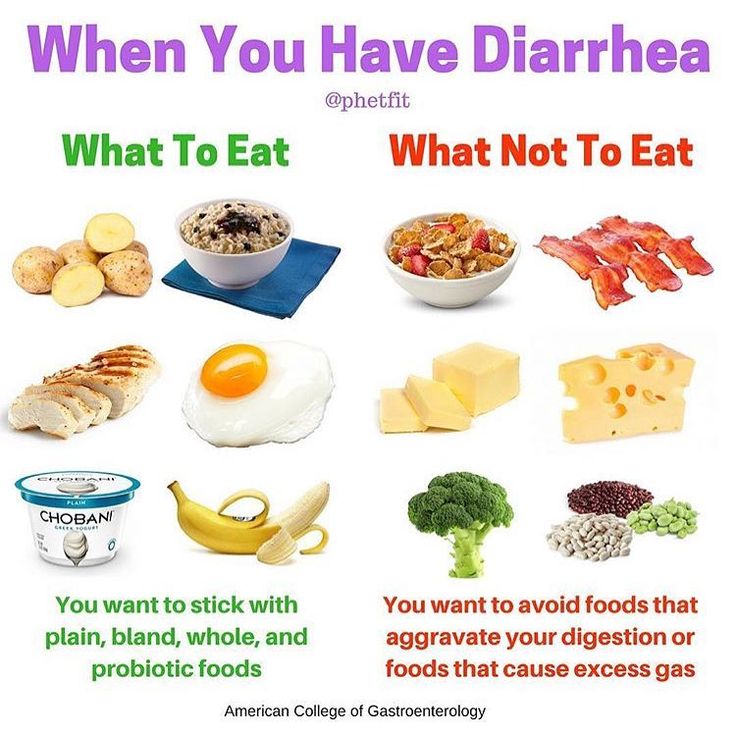 If the pregnancy is the second or third, the movements begin to be felt on average at 18 weeks or even earlier, because the woman already knows what sensations to expect.
If the pregnancy is the second or third, the movements begin to be felt on average at 18 weeks or even earlier, because the woman already knows what sensations to expect. - Placenta placement. If the placenta is closer to the back wall of the uterus, then the woman may feel movements later, if to the front - earlier.
- The physique of the expectant mother. Sometimes physique plays a role: fragile girls can feel the first tremors 2 weeks earlier. nine0020
- Lifestyle. In the midst of the working day, in noise or shaking, fetal movement is easy to miss. It is more likely to feel the first movement of the crumbs in a calm position, sitting or lying down.
In what part of the abdomen do you feel the first movements? Usually timid first movements are felt in the lower abdomen. At first, it is easy to confuse them with other internal processes, such as rumbling and bouts of hunger. But the baby grows and the movements become more intense, more diverse and “travel” along the tummy along with the tumbling baby.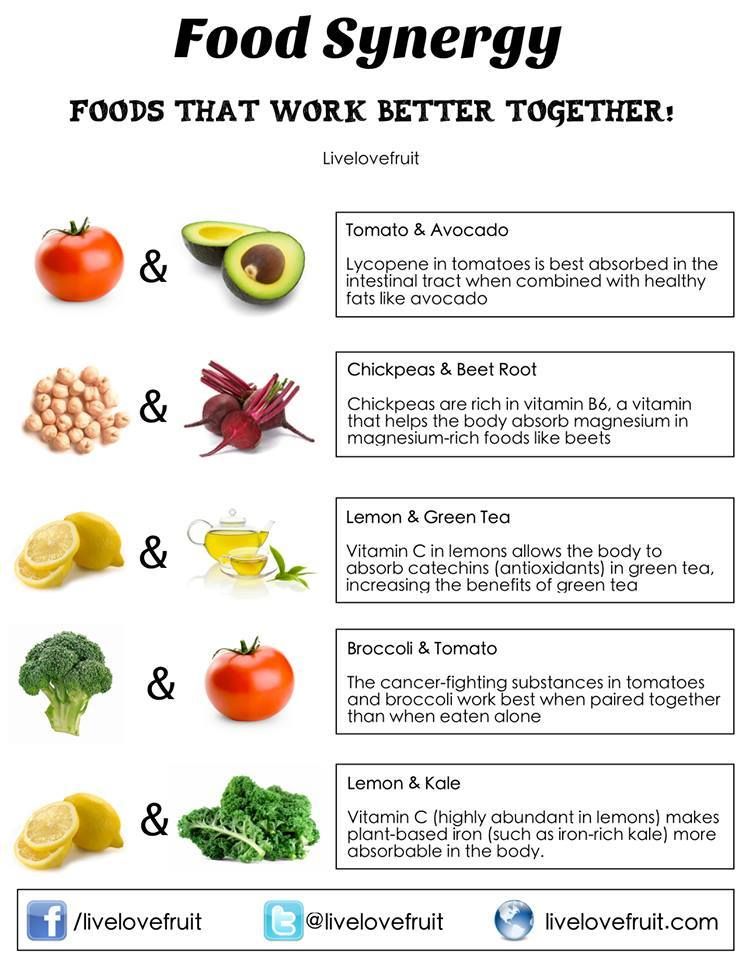 nine0003
nine0003
Features of fetal movements at different stages of pregnancy
The nature and frequency of movements of the child change as he grows and develops. At first they are weak and irregular, but then the activity increases, and the movements become stronger and more intense.
Let's take a closer look at how the baby moves at different times and how the mother feels it.
First trimester
Toward the end of the first trimester, the baby begins to make its first movements, as light as the fluttering of a butterfly. But it is still very small, so in most cases the movements go unnoticed. The maximum that can be felt is a light, light, barely noticeable flutter in the lower abdomen or something resembling bubbles. nine0003
Second trimester
At 16 weeks pregnant, some women begin to feel the baby move. Someone describes them as the flutter of small wings or the movement of a fish wagging its tail, while someone describes them as twitching of a vein pulsating inside or blows of a small hammer.:max_bytes(150000):strip_icc()/what-can-i-eat-if-i-have-a-peptic-ulcer-1742154-01-ec37a34d14c44195999f8d44372f820b.png?resize=1060%2C707&ssl=1)
By 20 weeks, most pregnant women already feel the baby's light movements. At week 24, they become more pronounced and intense, sometimes accompanied by a slight twitch during hiccups. By the end of the second trimester, active fetal movement begins - the child somersaults and pushes more and more clearly, more often and stronger. nine0003
Third trimester
At 28 weeks, the baby moves up to 30 times an hour, and some of his kicks and pokes can be so strong that the mother takes her breath away. During this period, obstetricians recommend starting to count the movements of the child. The nature of the activity helps the doctor understand what is happening with the baby and how he is developing.
At this stage of development, the baby develops a certain pattern of sleep and wakefulness. Peak activity tends to occur in the evening and at night—between 9:00 PM and 01:00 AM—just when mom is trying to sleep. This surge is due to changes in blood sugar levels. In addition, the movements of the baby can react to touch, bright light, loud noises or an uncomfortable posture of the mother. nine0003
Your baby's activity continues to increase until 32 weeks. But after that, the grown-up child becomes more and more crowded in the fetal sac and the number of movements is reduced.
Tip
If you want your baby to make itself felt and move around, eat something sweet and lie on your side. An increase in blood glucose will cheer up the baby and he will begin to push.
Due to lack of space, fetal movements before childbirth become slower and more and more constrained. However, the baby should continue to move regularly throughout the day. nine0003
Important!
If your child's activity changes dramatically for unexplained reasons: he calms down or vice versa - the movements are too intensified and more frequent - tell your doctor as soon as possible. A change in the motor activity of the fetus may be a symptom of a violation of its condition and necessarily requires additional examination.
How to correctly calculate fetal movements?
Starting from the 28th week of pregnancy, the child's physical activity should be monitored every day. Until this time, the movements of the baby are not so noticeable, so the calculation will be uninformative. nine0003
Until this time, the movements of the baby are not so noticeable, so the calculation will be uninformative. nine0003
So, how many movements should be per day? And how to count them correctly?
To determine the characteristics of the child's activity at home, use a special test of fetal movement by D. Pearson - "Count to ten". To do this, you need to mark in a special table every tenth movement of the baby from 9:00 to 21:00. If the child develops normally, then in 12 hours you will count at least 10 movements.
Important!
Not every push is considered a movement, but a series of movements (from the start of pushes to a pause). nine0003
After the 10th movement, write down the time and start counting the next day. And if the baby moves much less or does not make itself felt within 12 hours, contact your doctor as soon as possible!
In addition to the Pearson test, there is another way to count the child's movements. Choose an hour during which you will count movements every day.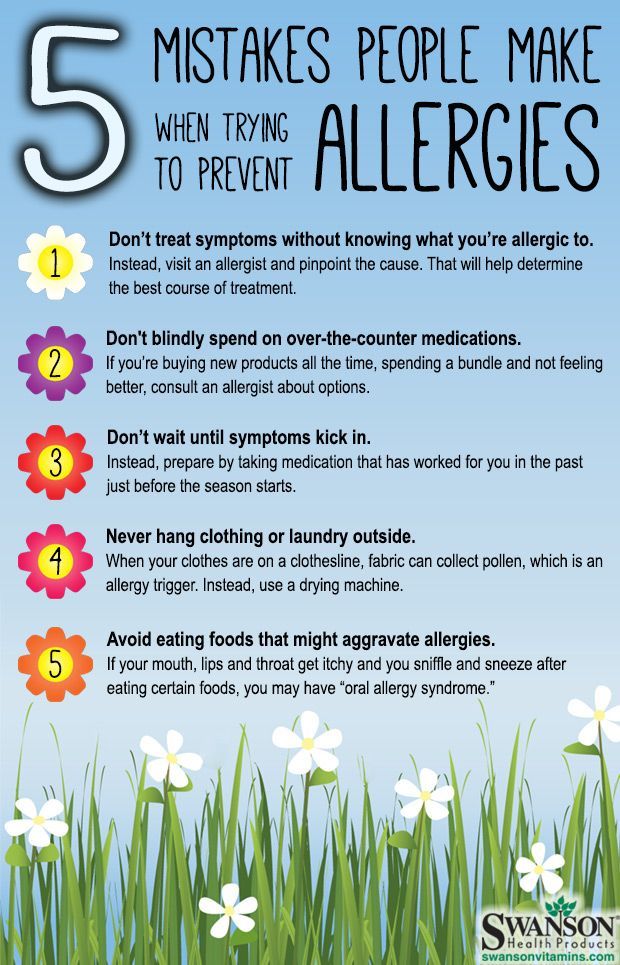 It is very important to do it at the same time. Focus on the baby's movements and see how long it takes the baby to complete 10 kicks. If you counted 10 shocks in an hour, you can be calm - everything is in order. nine0003
It is very important to do it at the same time. Focus on the baby's movements and see how long it takes the baby to complete 10 kicks. If you counted 10 shocks in an hour, you can be calm - everything is in order. nine0003
If you still don't get 10 pushes within an hour, try eating, changing your position, and then try counting the number of pushes again.
Advice
Keep a diary of your movements to record all changes. You can write everything in a notebook, or you can use a special mobile application that will help you track and record movements.
What should alert the future mother?
Be sure to contact your gynecologist if:
- You are past 22 weeks and you still don't feel your baby move. Perhaps you just did not notice them, but you need to make sure that the pregnancy is proceeding normally.
- Tracking the activity of the child, you notice that for more than 12 hours there is no movement at all or they have become significantly less during the day.
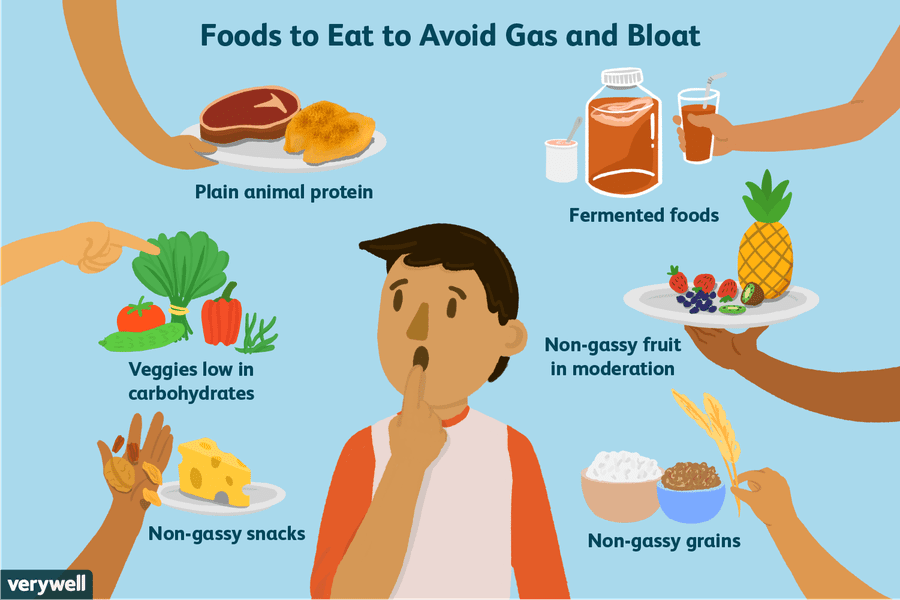
- For several hours in a row, the baby behaves too actively, the intensity of the shocks has changed so much that it hurts you because of his movements.
- A sharp change in the nature and frequency of movements is monitored, although there are no apparent reasons for this. This may indicate a violation of the condition of the fetus, its heartbeat, or an infection.
Advice
In the third trimester of pregnancy it is not recommended to sleep on your back. In this position, the vena cava can be clamped, which provides the baby with oxygen.
See also: Cord entanglement: causes and consequences for the baby
To make sure that everything is fine with the baby, the doctor may perform several examinations, such as auscultation, cardiotocography (CTG) and Doppler ultrasound. nine0003
Auscultation is a method of assessing the condition of the baby by the sounds that he makes in the womb. The doctor listens to the tone and rhythm of the heartbeat, different noises, monitors their sequence and duration.
CTG (cardiotocography) is an ultrasound examination of the fetus. But unlike conventional ultrasound, during CTG, the tone of the uterus, the heartbeat and the movements of the baby are recorded. Based on the results of this study, the doctor can determine how comfortable the child feels, check the work of his heart and the level of development. If there are deviations in CTG, the specialist may recommend an assessment of the fetal blood flow - dopplerometry. nine0003
If indicated, your doctor can choose the right treatment, recommend that the mother rest and get more rest, or even prescribe bed rest.
But do not immediately panic if the child is suspiciously quiet for an hour or two. Perhaps right now he is sleeping or preparing for an imminent meeting with his parents. There are also children who rest all day and become active only in the late afternoon. Just be attentive to yourself, your feelings and do not forget to take good care of your baby. nine0003
Related articles:
How does the baby behave before birth?
How does a woman's diet affect fetal development?
Material approved by doctor Oksana Negrich
Last reviews
Average customer rating
1 customer ratings
Snapshot of community ratings
- five one
- 4 0
- 3 0 nine0019 2 0
- one 0
How the baby behaves before birth
Pregnancy
Article
0 reviews
The activity of a child in the mother's womb is a key sign of his life.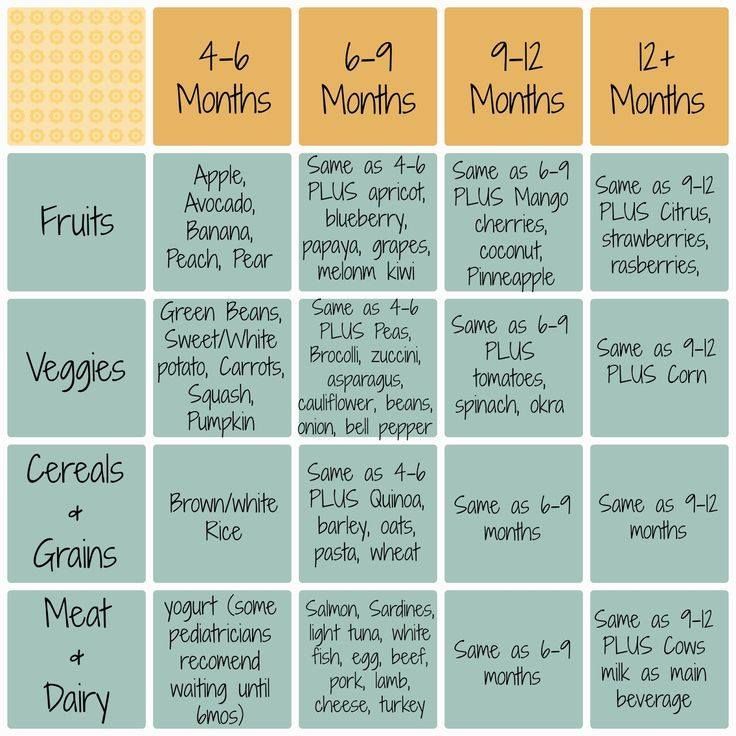 The baby moves and pushes throughout the entire period of pregnancy. The frequency and nature of these movements is constantly changing - from very tangible shocks to barely perceptible stirring. The end of the third trimester - 38-40 weeks of pregnancy - the period when the baby slows down a little, calms down and begins to prepare for the moment of its birth. nine0003
The baby moves and pushes throughout the entire period of pregnancy. The frequency and nature of these movements is constantly changing - from very tangible shocks to barely perceptible stirring. The end of the third trimester - 38-40 weeks of pregnancy - the period when the baby slows down a little, calms down and begins to prepare for the moment of its birth. nine0003
4 min. for reading Feb. 17, 2022
How does a child behave before giving birth, why count the number of movements and when to start preparing for a trip to the hospital? More on this later.
Behavior of the baby in the womb at 38-40 weeks of pregnancy
At the beginning of the third trimester of pregnancy, the baby behaves very actively - constantly somersaults and pushes, constantly reminding his mother of his presence. He has enough space for such acrobatic tricks. Toward the end of the gestation period, the amniotic fluid is increasingly restricting his movements, so the behavior of the crumbs changes noticeably.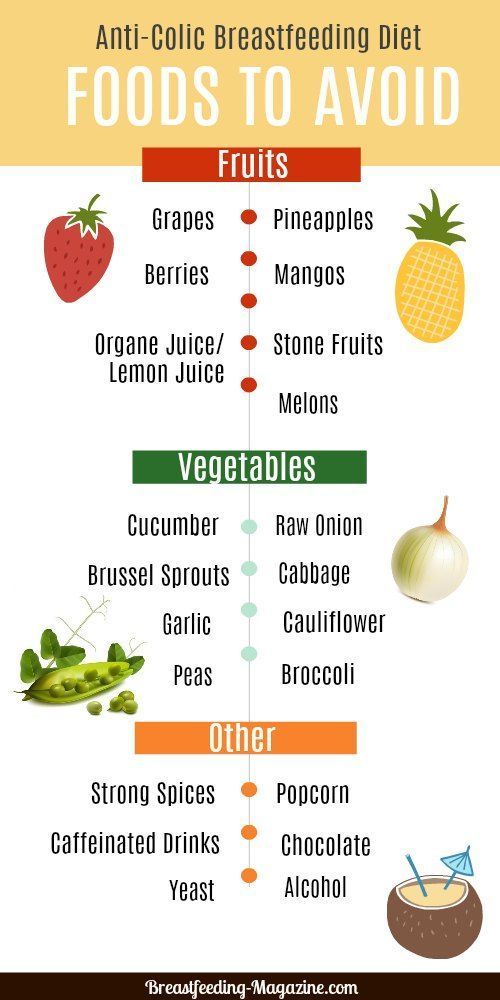 He becomes calmer, and only from time to time announces himself with strong, but confident pushes. This is due not only to the lack of space, but also to the fact that the baby begins to prepare for his first meeting with the outside world. nine0003
He becomes calmer, and only from time to time announces himself with strong, but confident pushes. This is due not only to the lack of space, but also to the fact that the baby begins to prepare for his first meeting with the outside world. nine0003
What happens to the baby before birth:
- he changes his position
- all organs and systems are already fully formed
- the body begins to produce cortisol - a hormone that helps the lungs to fully mature
- the first feces are formed in the intestines
- the weight of the crumbs reaches an average of 3250 kg, and the height is 48 cm
Why count the number of movements of the baby before birth
As we have already noted, at the final stage of pregnancy, the baby calms down. This condition is absolutely normal. However, the dynamics of its activity must be monitored. If the child behaves too quietly, or vice versa - moves too often - this is a cause for concern. nine0003
Approximately 10-12 movements within 6 hours are considered normal. That is - 1-2 times per hour. If you find this to be quite common, don't worry. This has its advantages - so you can better feel the baby, understand his claims and discontent.
If the child does not move more than 6 times a day, consult a doctor immediately. After all, this may indicate a danger to the life of the crumbs. This usually happens with intrauterine hypoxia, when the umbilical cord is wrapped around the neck. That is why it is so important to record everything that happens to the baby in the womb. nine0003
How the baby behaves before birth: the position of the fetus
In preparation for the birth, the whole small organism inside you gathers strength and takes a low start position. He turns his head down. This is considered the correct position of the fetus before childbirth. This position is the key to normal childbirth.
But quite often the baby takes other positions, which are less comfortable both for the mother and for him/herself.
-
Pelvic position.

The baby is in a vertical position with the butt down. This position does not necessarily involve a caesarean section. Natural childbirth is also possible. It all depends on the individual indicators of pregnancy. Modern medicine recommends only girls, as it is believed that boys during childbirth experience too much stress on the genitals.
-
Oblique position.
Successful natural childbirth requires the fetus to be in an upright position. But sometimes he takes a position slightly oblique in relation to the pelvic floor. Most often, in the process of labor activity, the baby aligns the position and is safely born. When this does not happen, doctors recommend surgery. nine0003
Cases of this position of the child are rare, only about 4% of women in labor. Moreover, a large fetus does not take such a position, because it is inconvenient for him. But small ones can. They have enough space in the womb, so they spin as they want.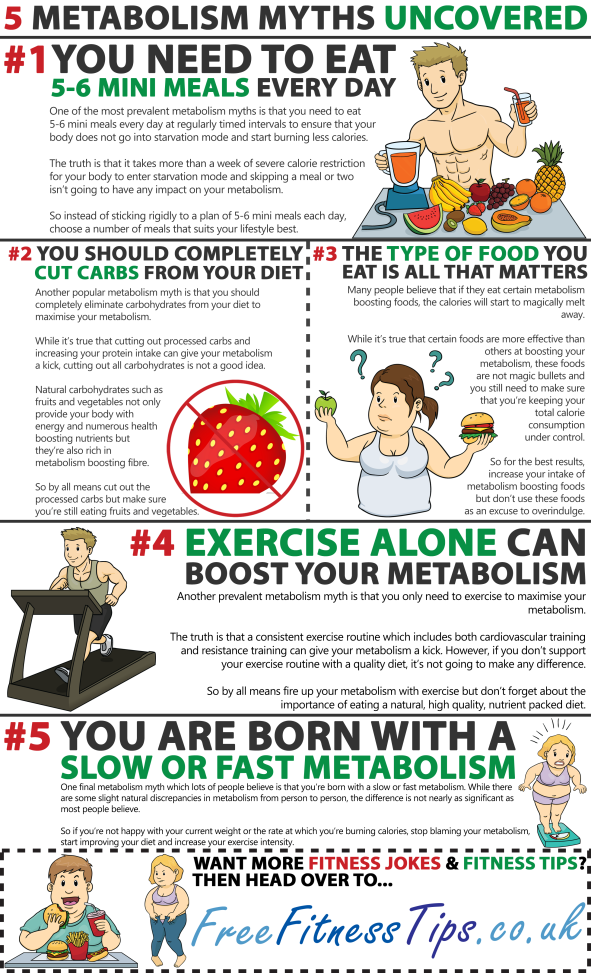 Perhaps this is the only case when doctors and obstetricians are unanimous in favor of a caesarean section.
Perhaps this is the only case when doctors and obstetricians are unanimous in favor of a caesarean section.
What does a woman feel at 38-40 weeks. Harbingers of childbirth
Expectant mother in this period is not easy. Against the background of a general tense emotional state, she also experiences quite a strong physical discomfort. Now every movement of her crumbs is painful and palpable. nine0003
When the baby changes his position, turning his head down, it becomes easier for the woman to breathe. After all, the fetus no longer presses on the diaphragm. But at the same time, it becomes harder for her to walk.
38-39 weeks of pregnancy is a period when the probability of childbirth is very high. Therefore, it is worth preparing everything you need for the maternity hospital and not leaving home without an exchange card. A very small percentage of women give birth on a predetermined date. But you can find out when this moment is likely to come with the help of the birth date calendar.